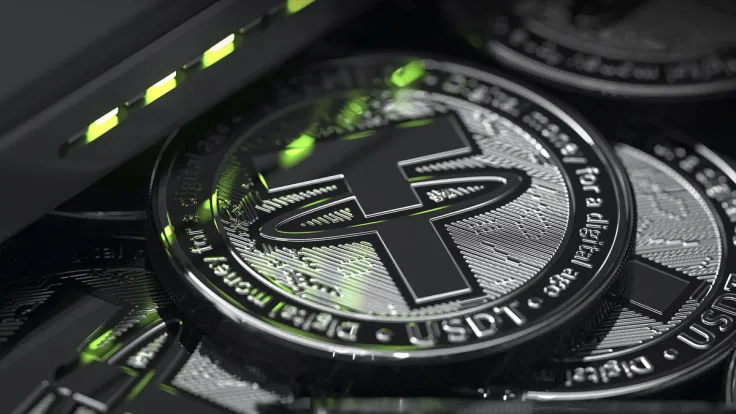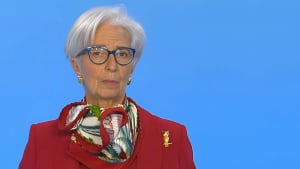
Disclaimer: The opinions expressed by our writers are their own and do not represent the views of U.Today. The financial and market information provided on U.Today is intended for informational purposes only. U.Today is not liable for any financial losses incurred while trading cryptocurrencies. Conduct your own research by contacting financial experts before making any investment decisions. We believe that all content is accurate as of the date of publication, but certain offers mentioned may no longer be available.
Head of Binance Changpeng Zhao, widely known in the crypto space as CZ, took to Twitter to offer a reminder that USD-backed stablecoin BUSD, which Binance launched in September 2019, is no longer minted but remains in circulation. It happened at the end of February after Paxos stopped issuing this stablecoin. Back then, Binance was going to burn 2 billion BUSD.
BUSD was released on ERC-20 and also supported the BEP-2 token standard on BNB Chain. VanEck strategy advisor and founder of the PointsVille app, Gabor Gurbacs, shared his take on why it happened, and USDT remains the leading stablecoin at the moment.
BUSD forced to wind down, USDT market cap surges
The head of Binance stated that the crypto giant is not minting BUSD any longer due to regulatory issues. This happened despite the fact that, according to CZ, it was "the most fiat-backed stablecoin, audited by big audit firms, regulated by the NYDFS."
In his tweet, CZ shared a screenshot of a USDT chart from CoinMarketCap (also owned by Binance), stating that this popular USD-pegged stablecoin keeps increasing in terms of market capitalization, while BUSD has wound down and USDC's market cap is shrinking because of the recent crashes of several major crypto-friendly banks.
At the time of this writing, the overall market capitalization of USDT constitutes $77,574,810,897, while for USDC it shrunk from $42 billion at the beginning of March to $35,237,609,420 at press time.
USDT started this month with a market cap of slightly over $71 billion, and by now it has grown to $76,974,469,336. As for BUSD, its market cap has not shrunk much yet. It has lost roughly one billion USD since the start of the month to the current $8,117,347,137.
Gabor Gurbacs' explanation
The strategy advisor of major global investment manager VanEck, Gabor Gurbacs, commented on CZ's tweet, saying that BUSD was forced to wind down since U.S. regulators are not providing any actual support for stablecoins, "despite all the virtue signaling."
He reminded CZ that Tether learned this lesson earlier, after many lawsuits and subpoenas made by regulators. This drove the crypto company to make the U.S. its lowest priority. "That's one of the reasons why Tether is growing," he stated.
U.S. regulators don’t support stablecoins or crypto companies despite all the virtue signaling. Tether learned this earlier than others through various battles and hence deprioritized the U.S. That’s one of the reasons why Tether is growing.
— Gabor Gurbacs (@gaborgurbacs) March 21, 2023
Currently, there are many chains that USDT is minted on, including Ethereum, Tron, Solana and EOS. Besides, USDT is backed not only by the U.S. dollar but also by the euro, Chinese yuan and gold.
The total amount of USDT issued, according to the company's website, stands at $78,474,164,231 backed by USD, €195,998,829 pegged to EUR, ¥20,503,468 backed by Chinese yuan and 226,289 backed by gold.

 Vladislav Sopov
Vladislav Sopov Dan Burgin
Dan Burgin